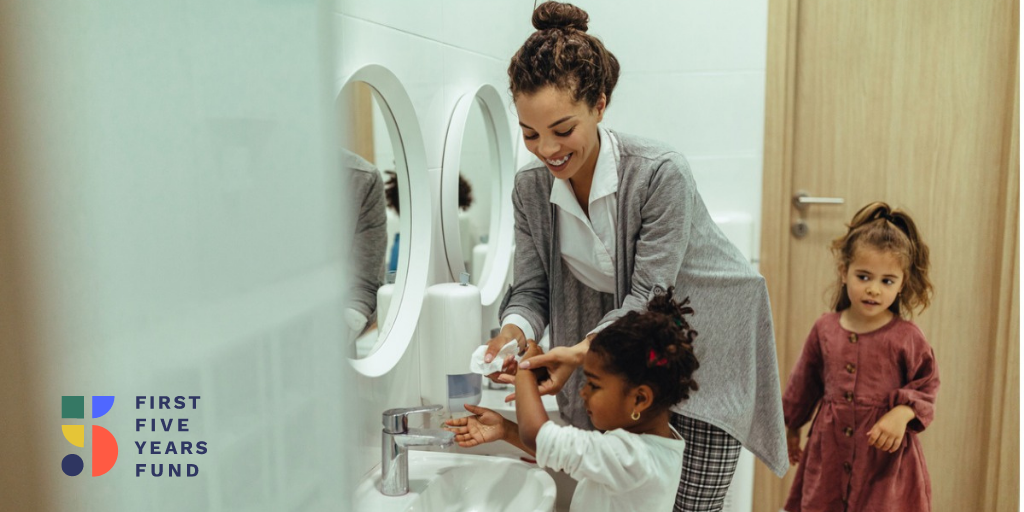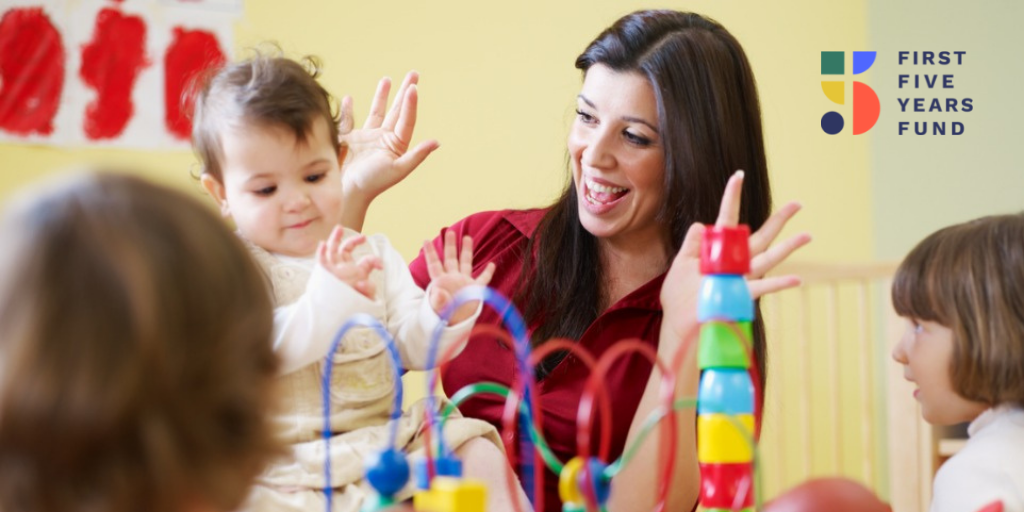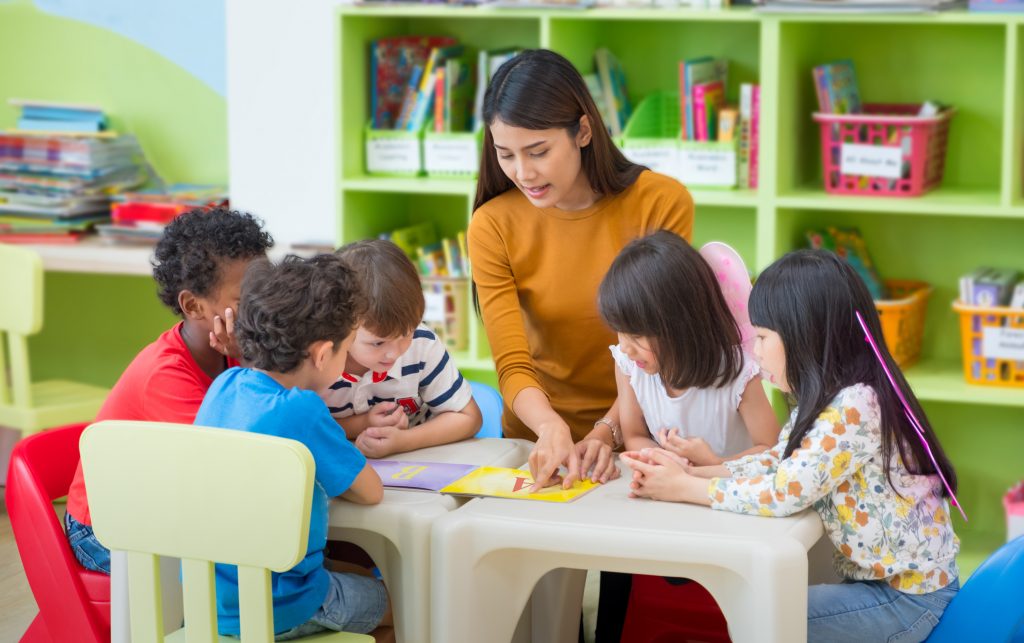Study Points to Successes of COVID-19 Health & Safety Protocols in Protecting Child Care Workers

A new study of more than 55,000 child care providers throughout the United States conducted by Yale University found that, in the early months of the pandemic, child care providers were not more likely to contract COVID-19 whether their workplace closed or stayed open–as long as health and safety practices were followed. Providers who stayed open and took efforts to implement safety measures, including disinfecting surfaces, hand washing, screening for symptoms, social distancing, wearing masks, and limiting group sizes, did not contribute to the spread of the virus.
While taking personal precautions were linked to a lower likelihood of contracting coronavirus among child care providers, the study found that Black, Latino and Native American child care providers were more likely to test positive for COVID-19 and be hospitalized for it. And, in counties with higher rates of coronavirus deaths – the study’s marker of community spread – child care workers were more likely to contract the virus.
As experts continue to study and learn about the spread of the Coronavirus, as well as its short- and long-term effects on children and adults, this new survey is helpful for child care providers and policymakers to understand the necessary steps that must be taken in order to ensure a safe environment for early educators.
These findings expose one of the primary challenges facing providers during the pandemic: the cost of remaining in business with such significant increases in operating expenses, including meeting essential health and safety requirements, is burdensome for thousands of providers – particularly as enrollment remains low and will remain so through what promises to be an unpredictable pandemic recovery.
In fact, a survey conducted by the National Association for the Education of Young Children (NAEYC) found that child care centers, most of whom operated on razor-thin margins even before the pandemic pushed the entire industry to the brink of collapse, are facing a 92% increase in the cost of cleaning supplies and an 81% increase in the cost of personal protective equipment.
Meanwhile, this new Yale study does not answer all the concerns facing families and the child care industry, including the health risks to children in returning to child care settings. “Our study doesn’t fully answer the question of whether to reopen child care or not — we don’t have data on children’s risk, and local levels of community spread matter a lot,” the authors of the study write. “But our study does offer solid evidence that, under certain conditions, it’s possible to open child care programs without putting staff in harm’s way.”
Ultimately, what this study reveals is that, in order to safely re-open or remain open, child care facilities must implement important but costly practices and procedures. It also reinforces the unpredictable nature of this pandemic, and underscores that there will be times when it may not be safe for child care providers to be. This ongoing uncertainty for child care providers is unsustainable, and the child care industry will require significant financial relief from Congress if it is to survive this ongoing economic crisis.
Subscribe to FFYF First Look
Every morning, FFYF reports on the latest child care & early learning news from across the country. Subscribe and take 5 minutes to know what's happening in early childhood education.


